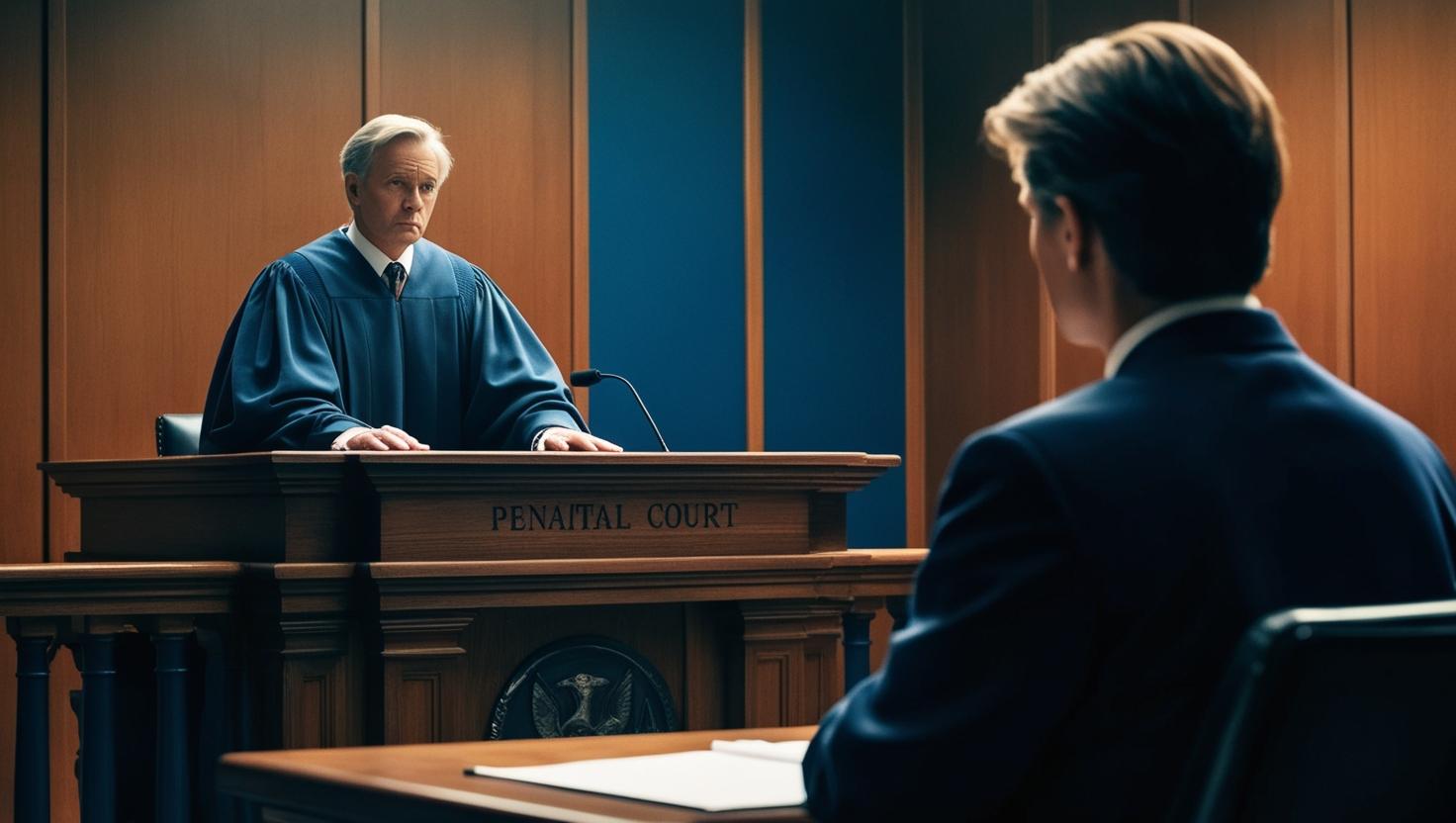If you’re facing criminal charges in Palm Beach County, understanding the Florida criminal trial process is essential. Whether you’ve been accused of a misdemeanor or a felony charge in Palm Beach, knowing what to expect at each stage of the proceedings empowers you to make informed, strategic decisions with your attorney.
As an experienced Palm Beach criminal defense lawyer, attorney Dominique Russo guides clients through every phase of the criminal justice system—from first appearance to verdict and sentencing—with clarity, advocacy, and results in mind.
Step 1: Arrest and First Appearance
After an arrest, Florida law requires that you be brought before a judge within 24 hours for a First Appearance hearing (Fla. R. Crim. P. 3.130). During this initial court appearance:
- The judge determines whether probable cause exists to support your arrest.
- Bond or pretrial release conditions are set.
- In some cases, the court may appoint a public defender if you’re found to be indigent.
Your Palm Beach defense attorney can advocate for non-monetary release conditions, such as pretrial services or ROR (release on own recognizance), especially in non-violent or first-time offender cases.

Step 2: Arraignment in Palm Beach County
The arraignment typically occurs several weeks after your arrest. At this stage:
- Formal criminal charges are read aloud in court.
- You will enter a plea: guilty, not guilty, or no contest.
- If you plead not guilty, your case proceeds to the pretrial phase and eventually trial.
The arraignment Florida defendants face typically occurs within a few weeks of arrest and is the stage where formal charges are presented and a plea is entered.
A Palm Beach criminal defense attorney can help you evaluate the charges and determine the most effective plea strategy based on the strength of the evidence and available defenses.
Step 3: Pretrial Motions and Criminal Discovery
The pretrial phase is where much of the legal groundwork is laid. Under Florida Rule of Criminal Procedure 3.220, the State must provide discovery, including:
- Police reports
- Witness lists
- Surveillance footage or body cam video
- Test results (e.g., breath, DNA, toxicology)
Your attorney may file pretrial motions such as:
- Motion to Suppress (to exclude illegally obtained evidence)
- Motion to Dismiss (if charges lack legal merit)
- Motion to Compel Discovery (if the prosecution withholds evidence)
These legal tools are critical to weakening the prosecution’s case and positioning your defense for trial or favorable negotiation.
Step 4: Plea Negotiations
Most criminal cases in Florida are resolved through plea bargaining rather than trial. Depending on the facts of the case, your criminal history, and any mitigating circumstances, your attorney may negotiate:
- A reduction of charges (e.g., felony to misdemeanor)
- Withholding of adjudication
- Probation instead of jail
- Entry into a pretrial diversion program
In Palm Beach County, programs such as DUI Diversion or Drug Court may offer non-incarceration outcomes for qualifying individuals.
Step 5: Jury Selection (Voir Dire)
If your case proceeds to trial, the court process steps begin with jury selection. Both the defense and prosecution participate in questioning potential jurors to identify bias or disqualifying factors.
Each side has:
- Challenges for cause (e.g., clear bias, legal disqualification)
- Peremptory challenges (limited, no reason required)
Effective jury selection is a crucial part of criminal defense and can impact the outcome of your case.

Step 6: Criminal Trial in Florida
A Florida criminal trial follows a structured sequence:
- Opening statements by both sides
- Presentation of evidence by the prosecution
- Cross-examination by your defense attorney
- Presentation of defense witnesses, if any
- Closing arguments
- Jury instructions (Fla. R. Crim. P. 3.390)
- Jury deliberation and verdict
The burden of proof remains on the State at all times, which must prove guilt beyond a reasonable doubt.
Step 7: Verdict and Sentencing
- If the jury returns a not guilty verdict, you are immediately acquitted and released.
- If found guilty, a sentencing hearing is held.
- The judge considers Florida’s Criminal Punishment Code, any mitigating or aggravating factors, and your prior record.
- Sentencing may involve jail time, probation, fines, community service, or mandatory programs.
- The judge considers Florida’s Criminal Punishment Code, any mitigating or aggravating factors, and your prior record.
If convicted, you also have the right to appeal or seek post-conviction relief under Florida law.
Common Questions About the Florida Criminal Trial Process
How long does a criminal trial take in Florida?
- Misdemeanor trials usually take 1–2 days.
- Felony trials may last several days or more, depending on complexity.
What happens if I miss a court date?
If your attorney has not waived your appearance, a bench warrant will be issued for your arrest. Always contact your attorney before missing any court hearing.
Can charges be dropped before trial?
Yes. Charges may be dropped due to insufficient evidence, a successful motion, or by entering a diversion program.
Facing Trial in Palm Beach County? Let Us Fight for You
At Russo Law & Advocacy PLLC, we are committed to protecting the rights of individuals facing criminal prosecution in Palm Beach County and throughout South Florida. Whether you’ve been charged with DUI, drug possession, battery, theft, or any other criminal offense, we provide aggressive legal representation with a focus on results.
Call today for a free consultation with a skilled Palm Beach criminal trial attorney.
Don’t face the criminal justice system alone—let an experienced Palm Beach County defense lawyer fight for your freedom and future.






